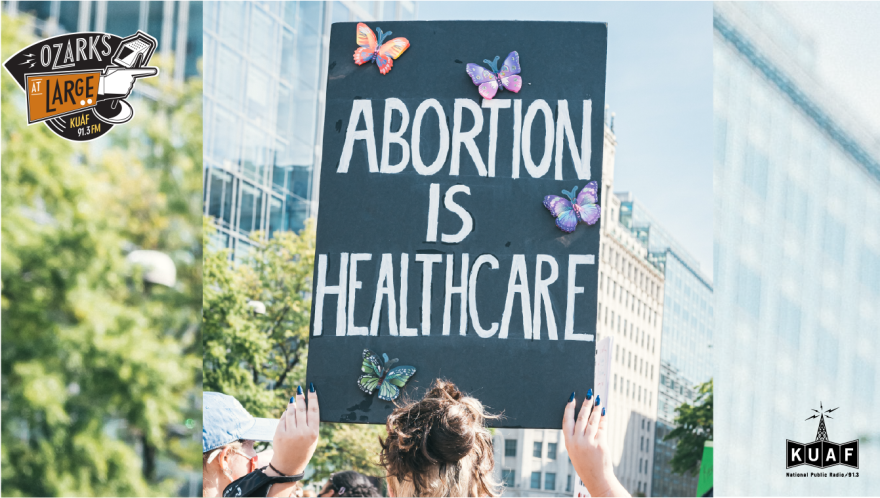After the U.S. Supreme Court ruled to end a 50-year constitutional protection to abortion, leaving it to individual state legislatures to control reproductive rights, more than two dozen states have enacted restrictions or bans so far, including Arkansas. Experts and pro-choice advocates warn abortion criminalization poses a public health threat.
Public Health Consequences of Abortion Criminalization

Gayatri Malhotra
/
Unsplash







